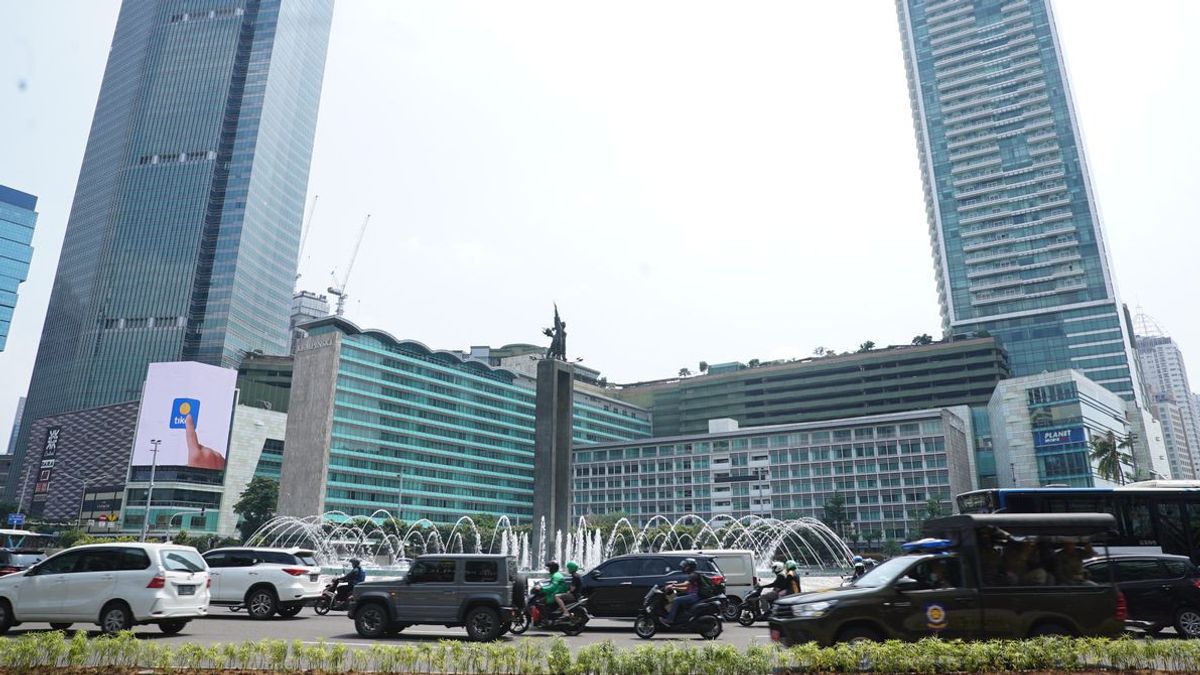Head of the DKI Jakarta Population and Civil Registration Agency (Disdukcapil) Budi Awaluddin revealed the impact if the temporary deactivation of the population identification number (NIK) of residents with DKI ID cards living outside the area.
Residents whose NIKs are deactivated, said Budi, will find it difficult to manage various administrative services, from banks to BPJS.
"If for example the time is disabled, the impact is when making transactions, for example banking, paying taxes at Samsat, paying BPJS, they can't," Budi told reporters, Thursday, May 4.
Budi said, when the residents' NIK became inactive, they had to go to the residence and civil registration service office in the area where they live now to reactivate their NIK.
"Later there will be a kind of notification that you have to go to the Dukcapil Service," he said.
Budi explained that the temporary deactivation of the NIK of residents with DKI ID cards who no longer live in Jakarta will begin after the voting day for the 2024 General Election.
Currently, the DKI Provincial Government has only conducted socialization to regional apparatus at the city level to RT/RW. Along with that, the verification of data on residents with DKI ID cards living outside the area also continues.
"Currently, we are socializing and verifying data. Only, later in March 2024, after the election, we will immediately deactivate it," said Budi.
Budi explained that the deactivation of the NIK cannot be carried out in the near future, considering that the General Elections Commission (KPU) will set a permanent voter list (DPT) after the update on June 21, 2023.
If the deactivation of the NIK is carried out before the election, Budi continued, then DKI residents who live in other areas will lose their voting rights to vote.
"Although the public also wants to be carried out quickly, they are afraid that at the KPU, when the DPT has been determined, those who migrate will become special voters. This will change the DPT," said Budi.
"Also, maybe it will take a long time to also provide comfort to the community with calm to carry out better socialization (IK deactivation)," he added.
So far, around 194,000 Jakarta residents have settled outside the area. This figure, said Budi, will continue to grow along with further records.
"This data was obtained based on the findings in the field and RT/RW reports over the last few years. After that, RT/RW will re-verify the results of matching and research in the field," he said.
The English, Chinese, Japanese, Arabic, and French versions are automatically generated by the AI. So there may still be inaccuracies in translating, please always see Indonesian as our main language. (system supported by DigitalSiber.id)













